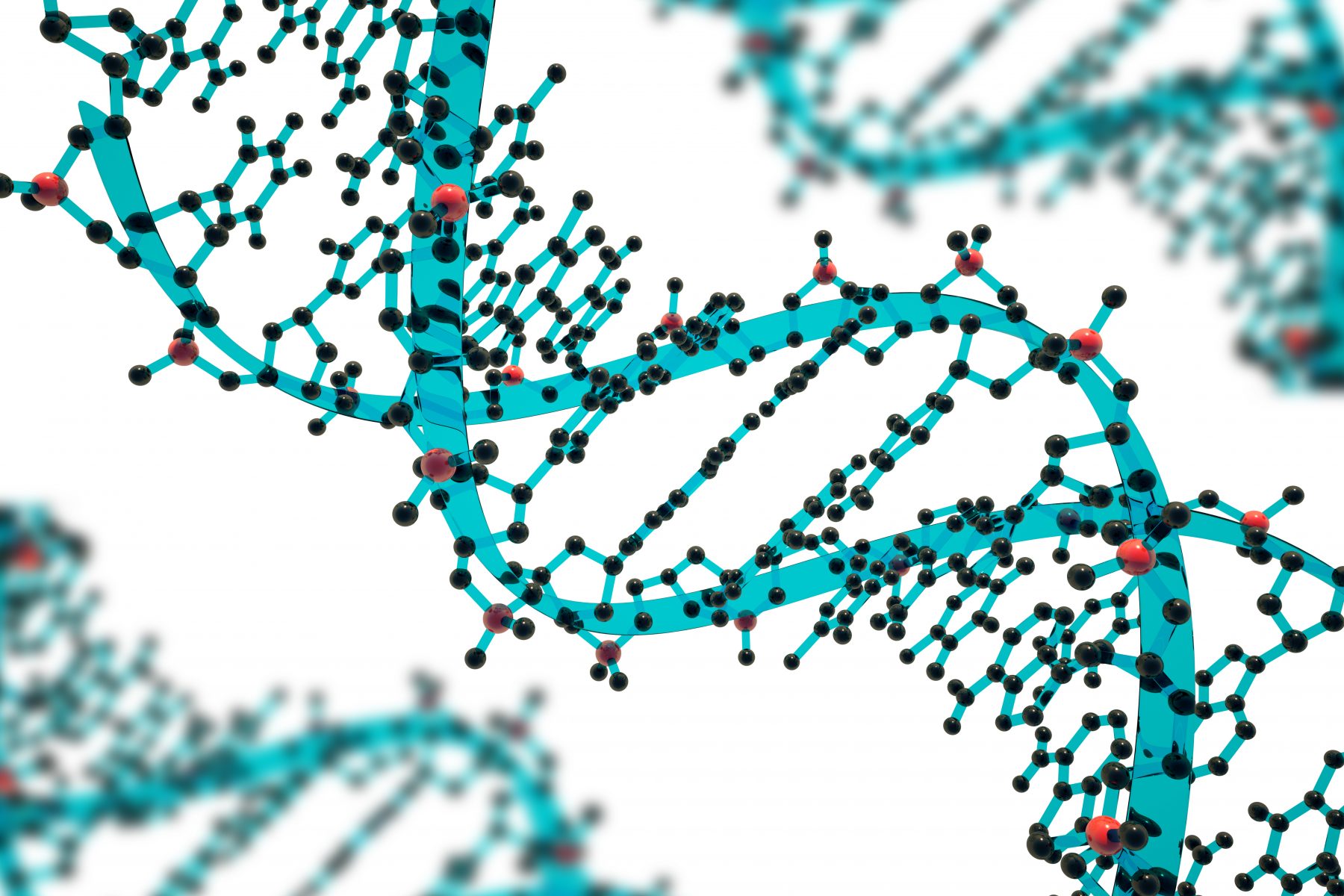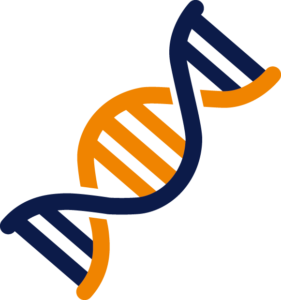Project Summary
About the Researchers
Dr. Panagiotis Katsonis
Principal Investigator
Dr. Panagiotis Katsonis is an Assistant Professor of Molecular and Human Genetics, at Baylor College of Medicine. His research focuses on the computational interpretation of genetic variants and the associations between genes and diseases.
Dr. Deyana Lewis
Senior Scientist
Dr. Deyana Lewis is a Senior Scientist at Morehouse School of Medicine, where her primary focus is on the genetics/genomics analysis of complex diseases using both association and family-based studies in under-represented populations. She is particularly interested in finding susceptibility genes/variants for prostate cancer in men of African ancestry.
Dr. Lesley Chapman Hannah
Postdoctoral Fellow
Dr. Lesley Chapman Hannah is a postdoctoral fellow in the NIH NCI Division of Cancer Epidemiology and Genetics. Her research is focused on identifying novel germline variants associated with pediatric cancer risk. Her work involves implementing bioinformatic and machine learning based approaches to identify novel risk variants.
Genetic Data in Prostate Cancer
Black men have a greater risk of developing prostate cancer compared to White men, but researchers are still unsure why. We know that genetics play a part in the likelihood of men developing prostate cancer, and the discovery of the genetic risk factors helps create targeted treatments.
However, currently, the majority of available prostate cancer genetic data comes from White men, meaning that these treatments are not as effective for Black men.
Everyone is made up of their own unique DNA. DNA is made up of short sections called genes. Genes contain instructions that tell the cells in the body to make proteins.
These proteins serve different functions in the body to keep them healthy, but every gene may vary amongst people and these variations determine the features of each individual; including if it is likely to develop prostate cancer.
Since everyone’s DNA is different, it makes sense that the response to a specific prostate cancer treatment will differ for each individual and matching genetic risk factors with treatment options will improve therapy. At the moment, most of the genetic data for prostate cancer studies comes from White men.

This provides a lot of treatment options for White men, but limits researchers knowledge of what would be best for Black men. As a result, we don’t have targeted and effective treatments for Black men which can negatively impact their outcomes and survival.
The Research Project

Due to a lack of genetic data from Black men with prostate cancer, our researchers are using genetic samples from the All of Us Research Program.
The All of Us Research Program is an ambitious effort from the National Institute of Health (NIH) to gather health data across the U.S. to develop one of the most diverse health databases in history. This database has a larger than average pool of genetic data from Black men, which will be compared to White men’s genes to find race specific genetic causes of prostate cancer.
Our researchers will compare the genomes, the genetic material that makes up a living organism, of men with and without prostate cancer from each race group. The analyses will identify genetic variants, genes, and biological pathways that may cause prostate cancer in each group.
What will this mean for patients?
There is still a lot to learn about the causes and driving factors of prostate cancer for all races, but researchers understand more about prostate cancer in White men than in Black men. This causes a racial disparity that leads to significantly worse incidence and mortality rates among Black men.
This research is addressing the disparity by focusing on identifying which genetic elements in Black men may lead to a higher risk of developing and dying from prostate cancer.
The findings of this study will identify race specific variants, pathways, and genes that drive prostate cancer risk in Black men compared to White men. Findings can inform prevention treatment and create tailored therapies to a single person’s genome. Identifying new gene factors will make personalized therapies available to more men, especially Black men, improving therapy outcomes.



